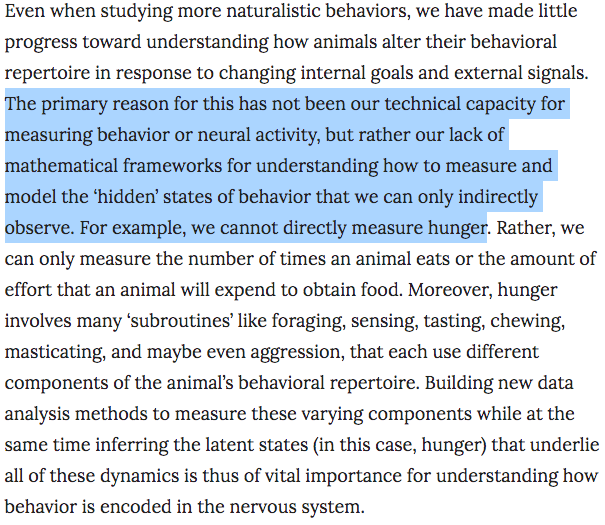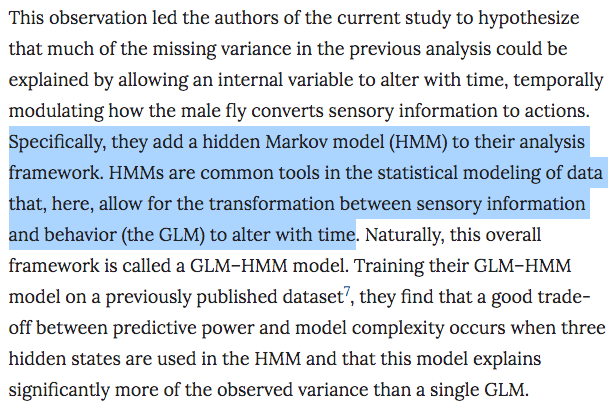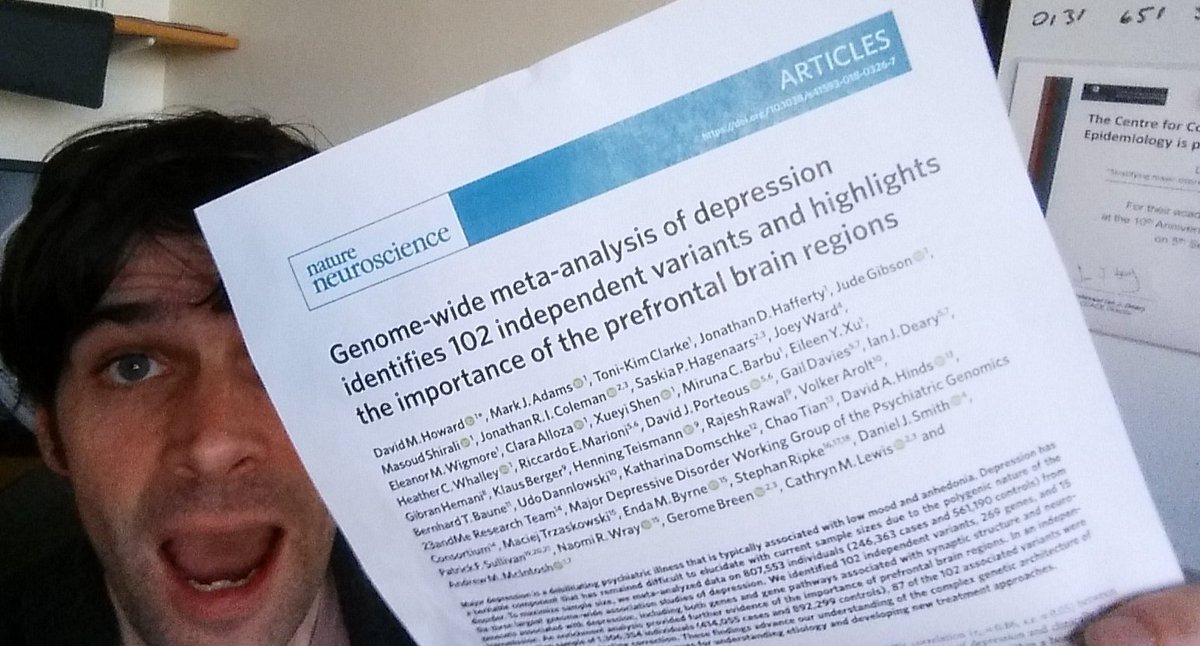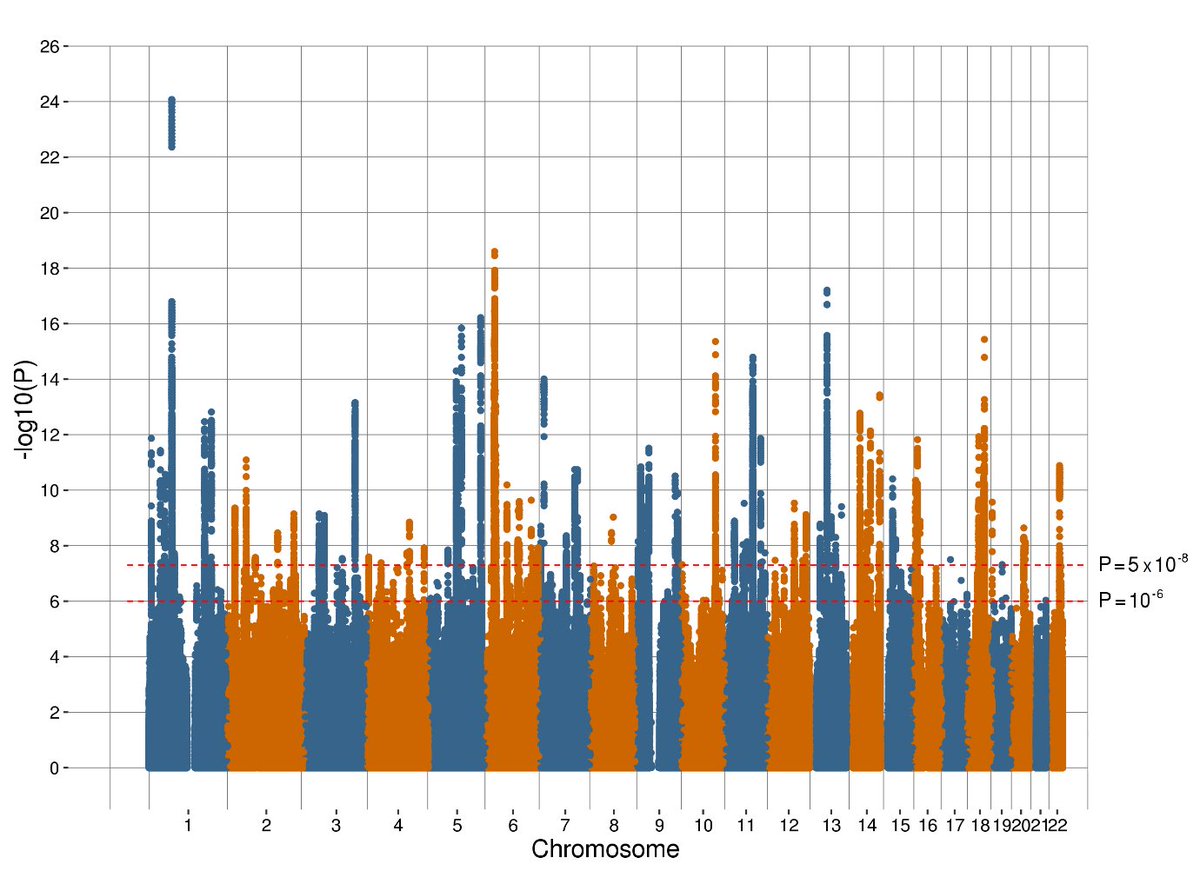Provides a top down energy budget constraint on historical radiative forcing of 2.3 (1.7 to 3.0) [5-95%] Wm-2. Thread: [1/n]
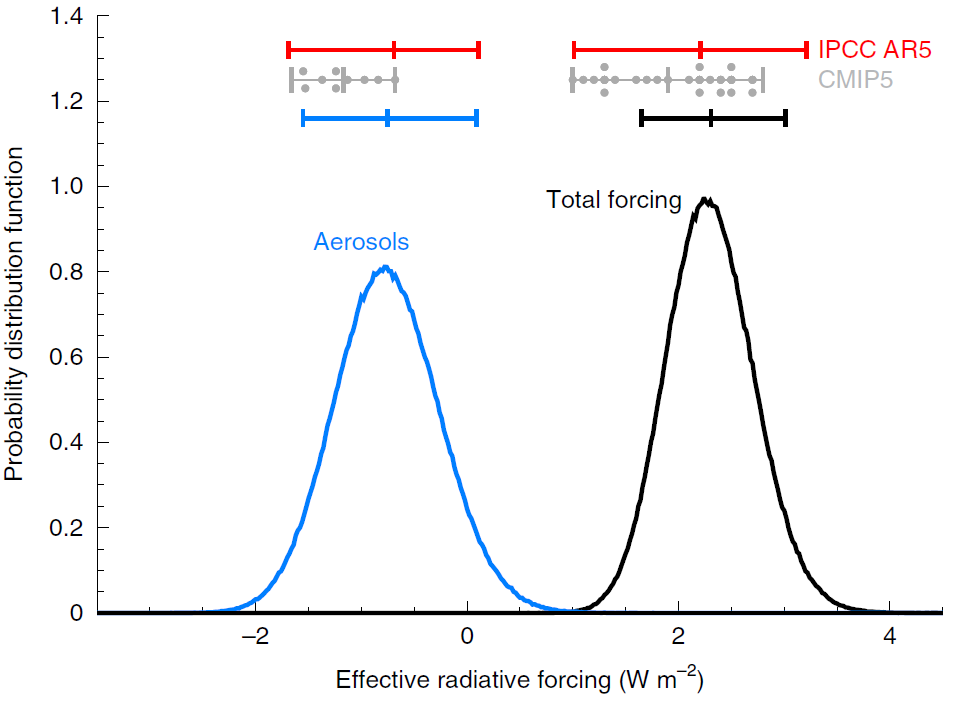

Keep Current with Tim Andrews
This Thread may be Removed Anytime!
Twitter may remove this content at anytime, convert it as a PDF, save and print for later use!

1) Follow Thread Reader App on Twitter so you can easily mention us!
2) Go to a Twitter thread (series of Tweets by the same owner) and mention us with a keyword "unroll"
@threadreaderapp unroll
You can practice here first or read more on our help page!
